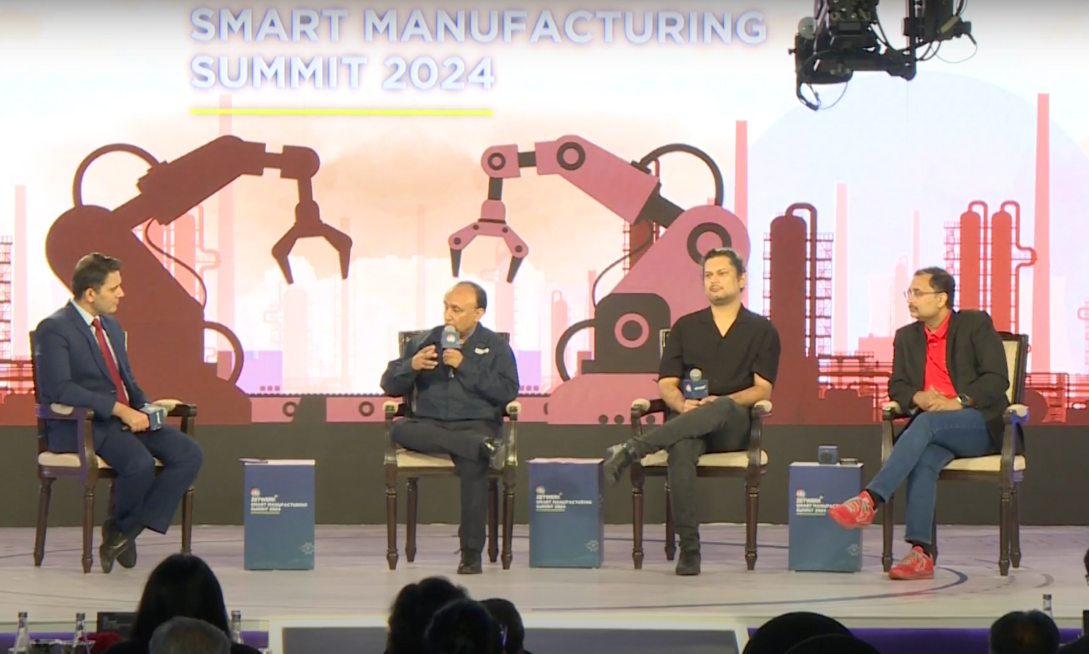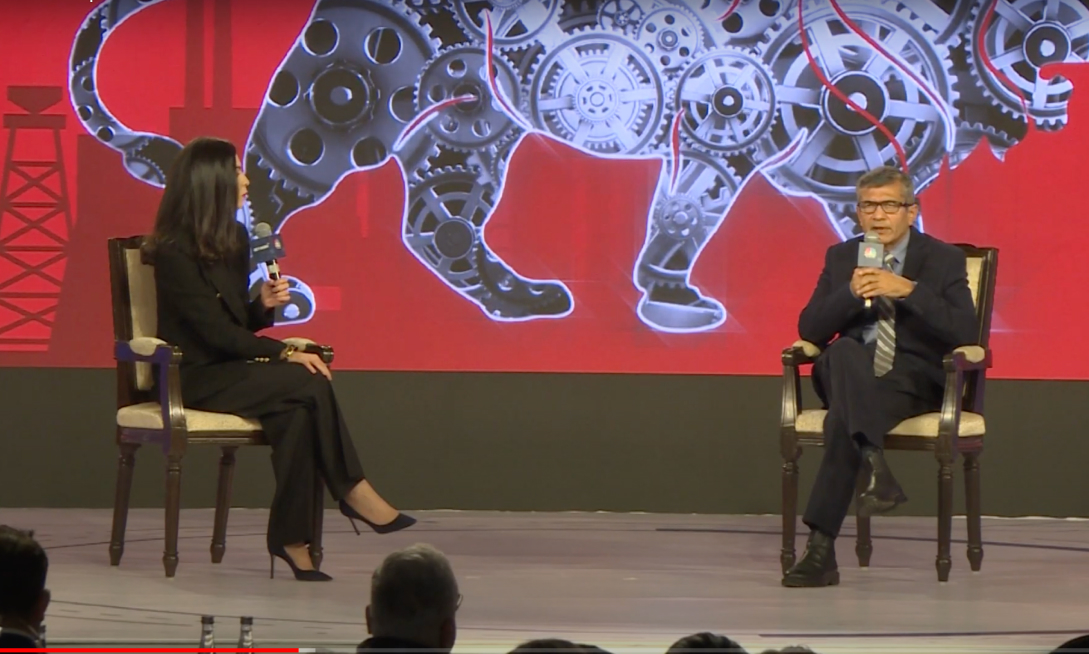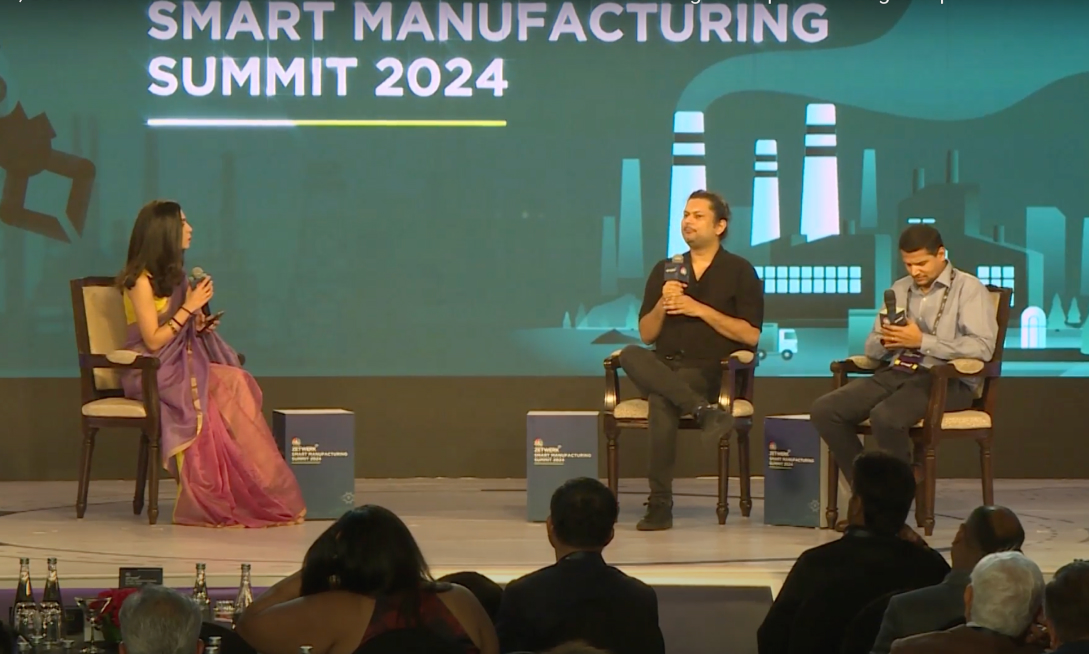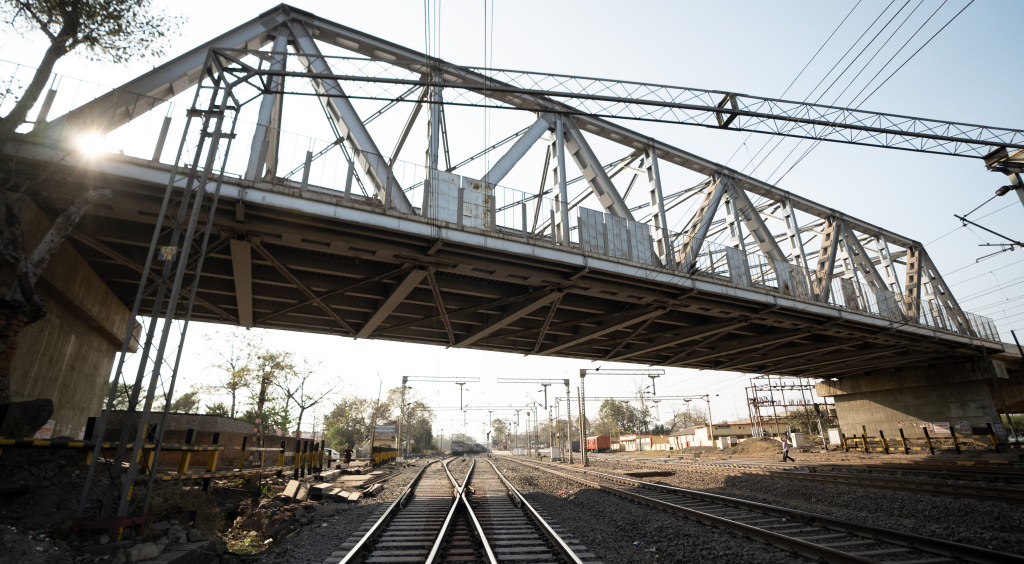Guardians of the Nation: Fortifying India’s Aerospace & Defence Domains
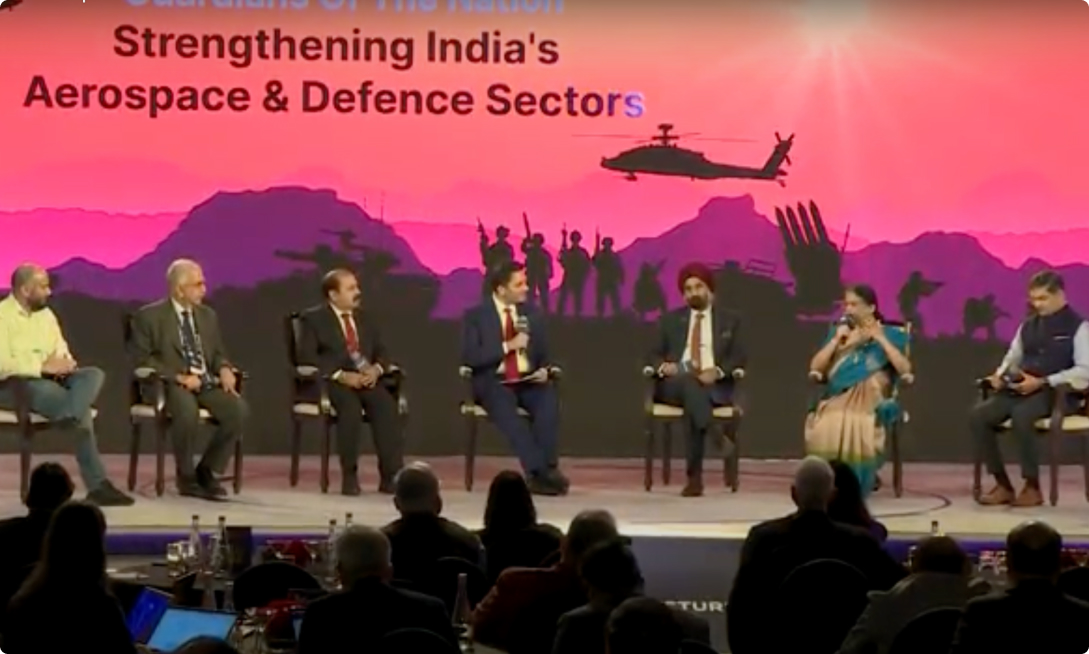
Insights from Industry Leaders on Collaboration, Innovation, and India’s Path to Global Leadership in Defence
A nation’s progress, safety, and security are vital for growth and prosperity. The Indian aerospace and defense composite market is poised for significant growth, fueled by the Government of India’s concerted efforts to fortify the defense ecosystem and foster industry participation. Against this backdrop, a panel discussion was held at the ZETWERK Smart Manufacturing Summit 2024, where leaders from the industry spoke about the critical aspects shaping India’s defense narrative. The panel featured Air Chief Marshal RKS Bhadauria, Retired Air Vice Marshal Michael Fernandez, Mr. Rajendra Bhatia, Dr. K Rajalakshmi Menon, Mr. Ashish Saraf, and Mr. Vishal Chaudhary. What followed was a comprehensive exploration of India’s indigenization journey, collaboration models, workforce development, and the future roadmap for the aerospace and defense sectors.
Reflections on Indigenization and Technological Advancements
Air Chief Marshal RKS Bhadauria, drawing from decades of experience in the Air Force, highlighted India’s trajectory in indigenization. From the pioneering stages post-independence to a phase of import dependence, and subsequently, a resurgence driven by initiatives like the LCA program and advanced technologies, India’s military aviation has achieved significant milestones. However, challenges persist, especially in domains like high-end sensors and engine technologies, necessitating strategic collaborations and futuristic outlooks.
The discussion touched upon the DRDO’s pivotal role in driving indigenous technological advancements. Dr. K Rajalakshmi Menon shed light on the collaborative efforts behind projects like the NETRA AWACS program, emphasizing the role of partnerships between academia, industry, and the armed forces in realizing complex systems essential for national security.
The Role of Private Sector and Global Collaborations
Mr. Rajendra Bhatia, representing SIDM, emphasized the collaboration models between DRDO and the private sector, especially on the Development Cum Production Partner (DCPP) model as a game-changer. He cited successful collaborations like the Advanced Towed Artillery Gun System (ATAGS) as an example of the industry’s integral role in defense production.
From a global perspective, Retired Air Vice Marshal Michael Fernandez’s insights from Lockheed Martin’s journey in India provided a glimpse into the symbiotic relationship between international giants and India’s burgeoning defense sector. Highlighting the strategic partnerships and localized manufacturing initiatives, he showcased how Lockheed Martin’s footprint in India has evolved into a collaborative endeavor, driving both technological advancements and skilling initiatives.
Skills Development and Innovation Imperatives
The discourse moved to the need for skilled talent and innovation ecosystems. Mr. Ashish Saraf from Thales India accentuated India’s potential as a talent hub, pointing to Thales’ longstanding presence and investments in cutting-edge research and development centers. The discussion brought to the fore the imperative of fostering multidisciplinary expertise, particularly in electronics, RF technologies, and aerospace engineering, crucial for building a robust defense ecosystem.
Design in India: The Path to Global Leadership
Dr. K Rajalakshmi Menon’s emphasis on ‘Design in India’ as a gateway to innovation and global leadership encapsulated the overarching theme of the panel discussion. Beyond manufacturing, the call for indigenous design capabilities resonated as a strategic imperative, aligning with India’s aspirations to meet defense needs and emerge as a frontrunner in global innovation and technology leadership.
Indigenization and Collaborative Innovation
Air Chief Marshal RKS Bhadauria emphasized India’s journey in indigenization, highlighting the need for strategic collaborations to address challenges in high-end technologies. The role of DRDO in driving indigenous advancements was lauded, with Dr. K Rajalakshmi Menon elaborating on successful collaborative projects like the NETRA.
Private Sector Dynamics and Global Collaborations
Mr. Rajendra Bhatia, representing SIDM, discussed evolving collaboration models and the pivotal role of private industries in complementing established capacities. Mr. Vishal Chaudhary, Co-Founder of ZETWERK, expressed excitement about the private sector’s role in modernizing defense capabilities, citing recent government production targets and the scope for collaboration with DPSUs and organizations like DRDO.
Adapting to Changing Threats and Technologies
The conversation delved into the changing nature of warfare, with Mr. Luthra highlighting the Defense Secretary’s concerns about low-cost drones posing threats to traditional assets. Air Chief Marshal Bhadauria stressed the importance of adapting to new technologies and threats, calling for a shift in mindset and active involvement of startups and MSMEs in developing cutting-edge solutions.
Make in India and Future Priorities
Discussions around the “Make in India” initiative underscored the inclusive nature of the program, focusing on integration capabilities, IP retention, and global supply chain participation. Mr. Bhatia emphasized the need for prioritization and strategic partnerships to bolster India’s defense manufacturing capabilities effectively.
Investments, Innovation, and Export Growth
Mr. Ashish Saraf from Thales outlined significant investments in MRO, avionics, and defense systems, aligning with India’s burgeoning market and talent pool. Dr. Menon highlighted DRDO’s focus on indigenous technologies, including an indigenous transport aircraft, to meet future defense needs effectively.
Future Growth Trajectory
The panel concluded with optimistic projections for the Indian defense sector, citing substantial growth targets, export potential, and the critical role of innovation, collaboration, and skilled workforce development in shaping India’s journey toward self-reliance and global leadership in aerospace and defense.
The insights shared during the discussion reflect a collective vision towards fortifying India’s aerospace and defense domains, underlining a strategic roadmap that balances indigenization, collaboration, innovation, and global partnerships to safeguard the nation’s security and propel economic growth.


